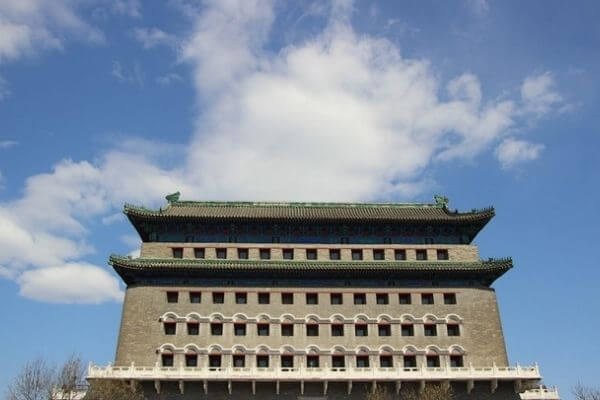
Yes.
The President and Vice-President of the People’s Republic of China (PRC) shall be elected or removed from office by the National People’s Congress (NPC), not directly elected by the voters.
The tenure for the President and Vice-President of the PRC are the same as that of the NPC.
The Presidents in China and the corresponding NPC for the last 30 years are as follows:
In 2018, the 13th NPC elected Xi Jinping as President for a tenure from 2018 to 2023.
In 2013, the 12th NPC elected Xi Jinping as President for a tenure from 2013 to 2018.
In 2008, the 11th NPC elected Hu Jintao as President for a tenure from 2008 to 2013.
In 2003, the 10th NPC elected Hu Jintao as President for a tenure from 2003 to 2008.
In 1998, the 9th NPC elected Jiang Zemin as President for a tenure from 1998 to 2003.
In 1993, the 8th NPC elected Jiang Zemin as President for a tenure from 1993 to 1998.
For more about China's election and congress, please read How Do Elections in China Work?
Reference:
Articles 62, and 79 of the PRC Constitution (2018)
Articles 49, 55 and 57 of the Election Law on the National People's Congress and Local People's Congress (2020)
Contributors: CJO Staff Contributors Team









